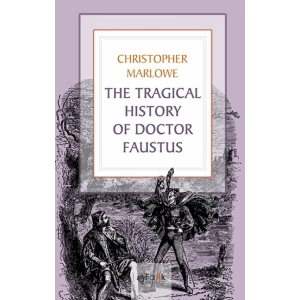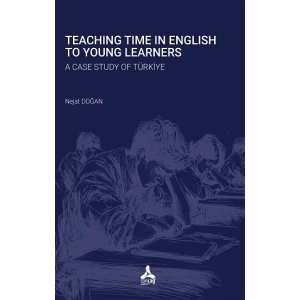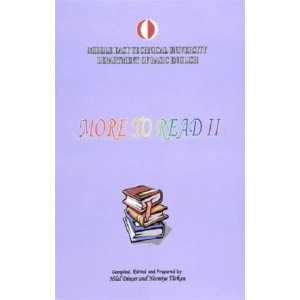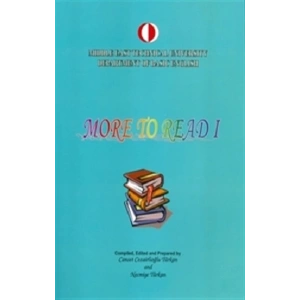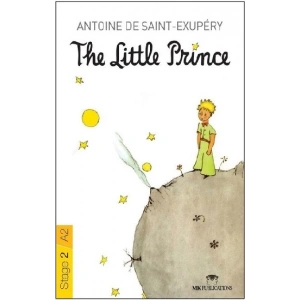It may or it may not be a serious reflection upon the accuracy of histor y that the circumstances of the invention of the first ball are enveloped in some doubt. Herodotus attributes it to the Lydians, but several other writers unite in conceding to a certain beautiful lady of Corcyra, Anagalla by name, the credit of first having made a ball for the purpose of pastime. Several passages in Homer rather sustain this latter view, and, therefore, with the weight of evidence, and to the glor y of woman, we, too, shall adopt this theor y. Anagalla did not apply for letters patent, but, whether from goodness of heart or inability to keep a secret, she lost no time in making known her invention and explaining its uses. Homer, then, relates how: ldquo;Oer the green mead the sporting virgins play, Their shining veils unbound; along the skies, Tost and retost, the ball incessant flies.







